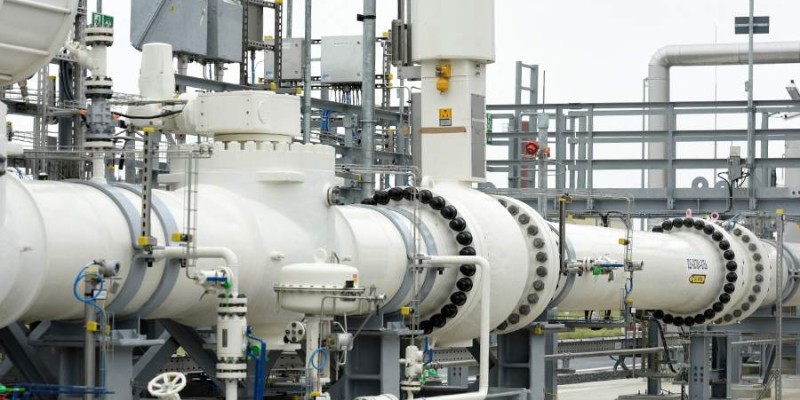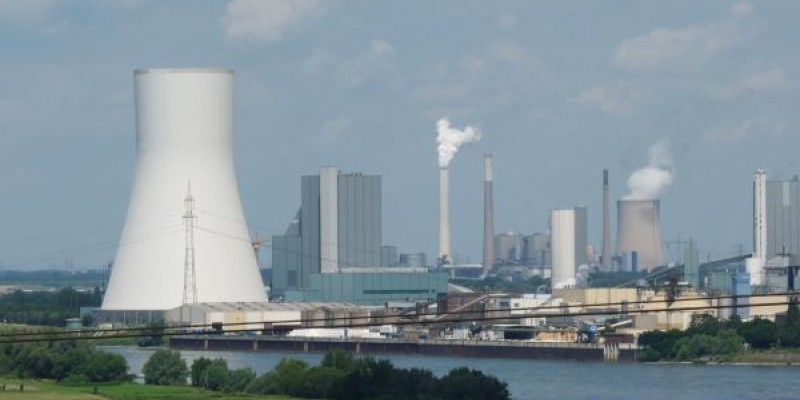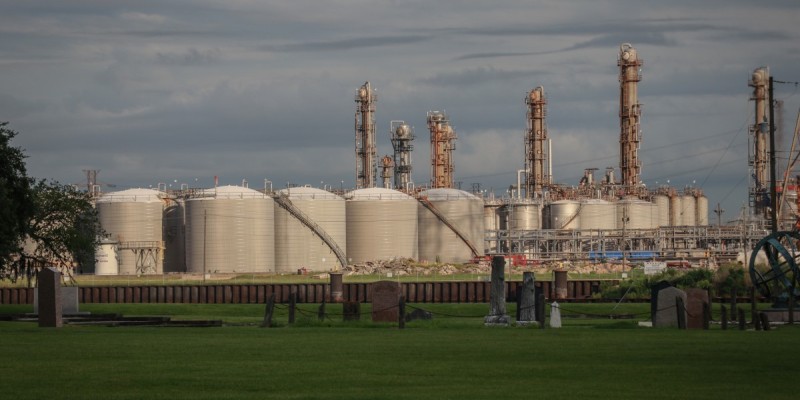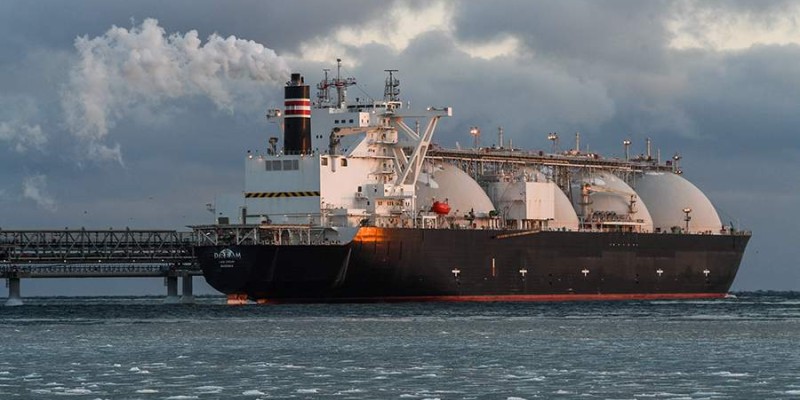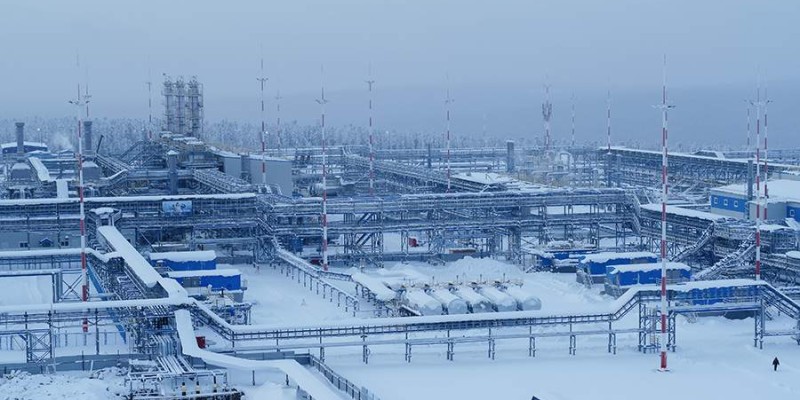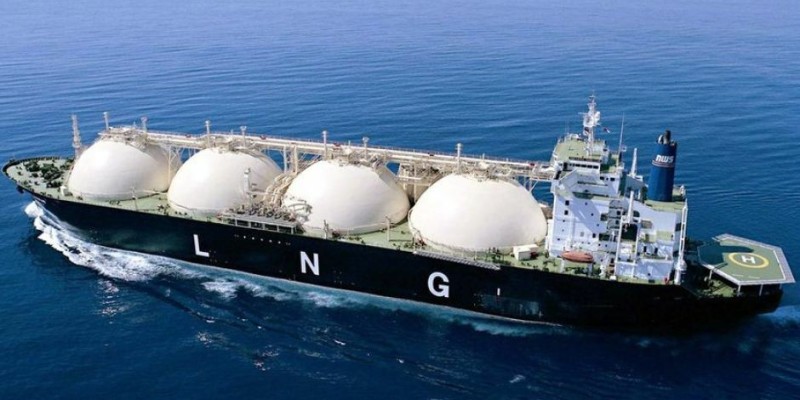SCO & BRICS latest news and insights
British billionaire Jim Ratcliffe, founder and head of the petrochemical giant Ineos Group, has stated that the high cost of electricity and carbon have undermined the competitiveness of the European petrochemical industry, sending it into a state of decline.
In an interview with Bloomberg TV, Mr R...
By Rhod Mackenzie
Some European countries are calling for a complete refusal of Russian energy resources, while others are increasing their purchases. Which countries are we referring to? How can this apparent contradiction be explained? And what other resources from Russia does Europe suddenly re...
By Rhod Mackenzie
Europe continues to increase its purchases of Russian LNG, but at the same time continues to talk about imposing sanctions against it. The issue is being approached with caution. First, they want to assess the consequences of restrictions on the import of pipeline gas. More pr...
By Rhod Mackenzie
China is forecasting record high imports of liquefied natural gas (LNG) this year. The largest energy company in the Middle Kingdom, PetroChina, believes that this year the record, which was set in 2021 and amounts to 78.8 million tons, will fall. In 2022, due to the conflict in...
A recent article in the The Financial Times article begins with the words,
"Europe, like a sleepwalker, is increasingly plunging into almost total dependence on Russian fertilizers, as it previously was with natural gas."
The article is based on an interview with the executive director of one of...
By Rhod Mackenzie
A ban on transshipment of Russian LNG in European ports will result in a surge in imports of liquefied gas from Russia to the EU, according to industry analysts. Since cargoes to Asia are contracted by major European and Chinese companies, they will be exchanged for those destin...
